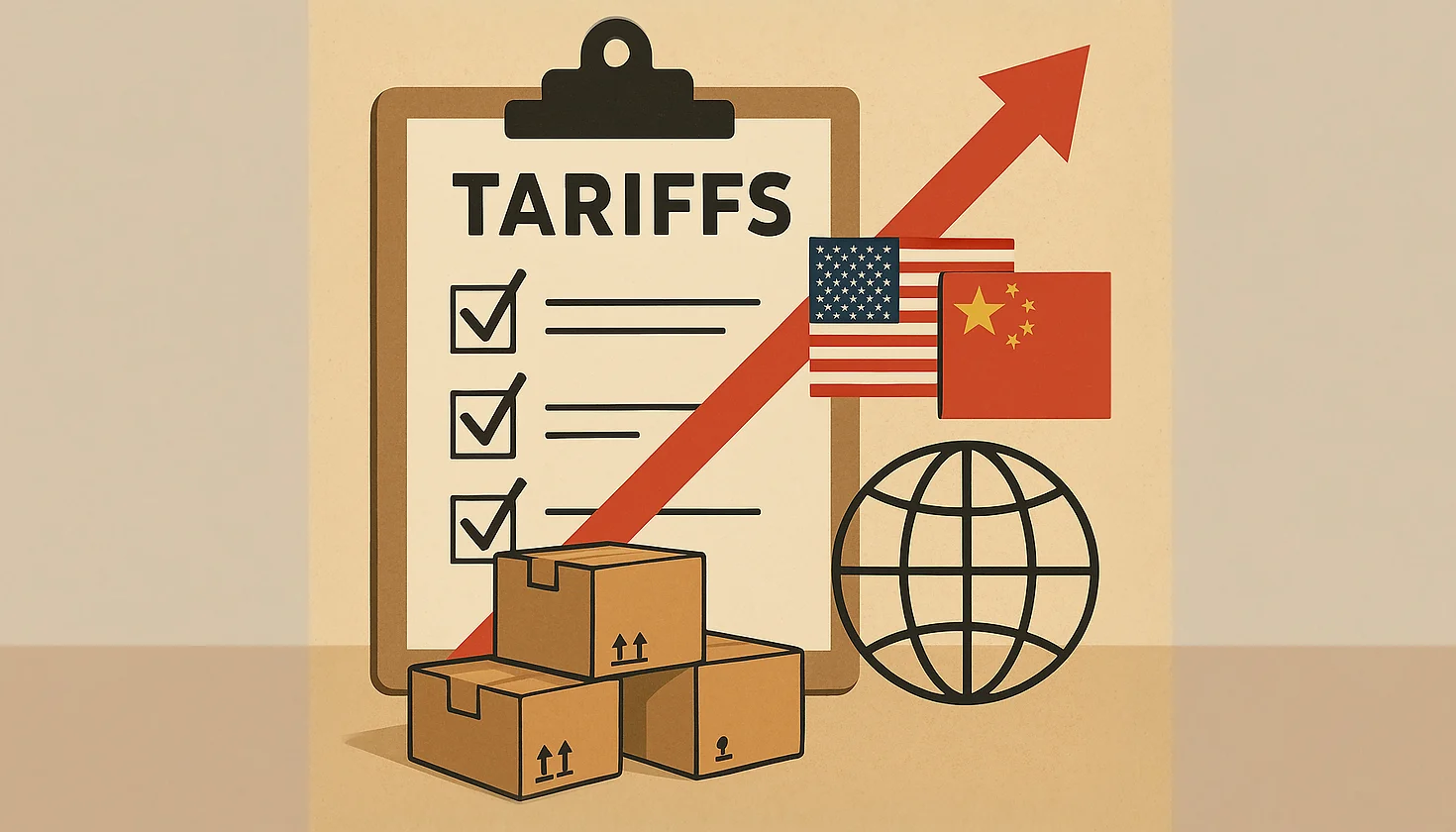Advisers using managed portfolio services (MPS) will be well aware of the capital gains tax complexities that can arise when assets are held outside pensions and ISAs. There is another tax wrinkle with MPS that can catch advisers out, however – excess reportable income (ERI). Penalties can mount up for clients who do not account for it properly.
ERI is the profit from an offshore reporting fund that has not been distributed to investors either as dividends or interest. HMRC considers this to be a distribution of income for UK tax – and it needs to be reported and paid on time. Offshore funds are surprisingly common within MPS. Research from the lang cat Analyser tool shows almost three-fifths (58%) of the 119 MPS ranges covered include offshore funds.
Advisers need to be aware of the problem and its associated risks. While the liability lies with the client, under Consumer Duty, advisers need to ensure their clients have the tools to make the right declarations to HMRC and pay any associated tax within the relevant timeframes. The penalties for non-compliance can be severe – investors can be fined up to 200% of the tax due, plus interest and potential late payment penalties.
It is worth noting that the problem only arises where an offshore reporting fund is held in an ‘unwrapped’ account – that is, a general investment account rather than an ISA or pension. Equally, ‘non-reporting’ offshore funds are not subject to the same rules.
Reporting issues
In theory, reporting funds should publish the excess reportable income rate for all the income recorded in the fund, calculated annually. The ERI information should be readily available within the Consolidated Tax Voucher under the interest or dividend received segment.
The trouble is, it is not always available. FSL, our sister company, commissioned some research into the issue with the lang cat that found 93% of investment platforms offer offshore funds – yet only 52% offer ERI reporting as part of their tax packs. Even where the information exists, it is not always intuitive. Investment funds are not required to provide ERI data in a standardised way. It is not always available on the fund manager’s website and it will not always be up-to-date.
“Advisers are generally in a better position to uncover the relevant ERI data – even if the ultimate liability for reporting it correctly lies with clients.
If clients are hit with fines for non-compliance, they may blame advisers for recommending a solution that left them with an unexpected liability”
Advisers are generally in a better position to uncover the relevant data – even if the ultimate liability for reporting it correctly lies with clients. As part of their Consumer Duty obligations, advisers may need to help clients find the correct figures. The regulator may argue that advisers offering offshore funds without helping clients satisfy ERI reporting requirements are in breach of their obligations.
Ensuring reporting is completed on time and the correct amounts are paid in the right tax year can also be complex. The payment date for ERI is six months after the accounting period end-date for the fund. This may not fit with a client’s normal tax payment deadlines. It is also possible that ERI data crosses two tax years. Against this backdrop, it is possible investors will not realise they need to pay tax until the deadline has passed.
Advisers could rely on their platform providers, but platform data is only likely to be as good as the data given to them by offshore fund managers – and this can be impenetrable. The way data is interpreted and reconciled will also vary from platform to platform. With advisers using multiple platforms, they may need to use manual processes to get the data in multiple different ways from multiple different fund providers. Any manual process inevitably creates the potential for errors.
Changing the landscape
There may be unintended consequences from these problems – for example, there is a question over whether it leads advisers back to unitised products rather than MPS, particularly for unwrapped offerings. Anecdotally, wealth managers report greater demand for unitised products, though this has yet to show up in the relative sales statistics.
Alternatively, it may mean MPS providers side-step offshore funds. They may conclude that the associated complexity simply is not worth it when they can find similar funds onshore. That could lead to more commoditisation and may see clients miss out on otherwise good funds with the potential to deliver better returns.
Advisers need to keep putting pressure on platform providers and fund managers to receive ERI data in a proper, user-friendly format and within a clear timeframe – and report those who fail to do so to the MPS providers. There should be a real incentive for fund managers – after all, the alternative is that MPS providers stop using them as part of their solutions.
ERI represents a risk for advisers. If clients are hit with fines for non-compliance, they may blame advisers for recommending a solution that left them with an unexpected liability. Advisers need to take steps to warn clients of the problem and guide them through the correct process. It is likely to become a bigger problem as the use of MPS expands.
Preya Patel is managing director at specialist data provider and consultant Raw Knowledge










